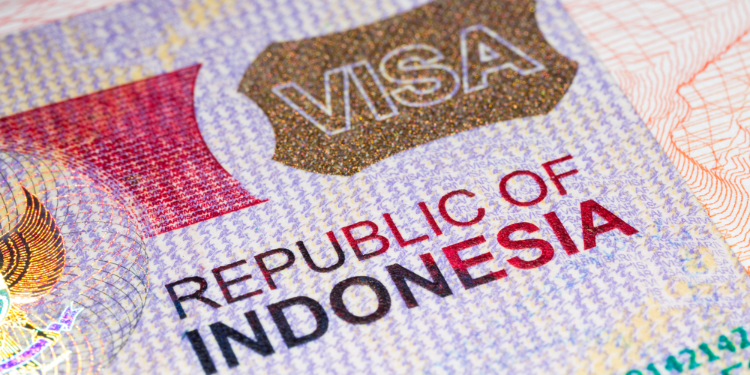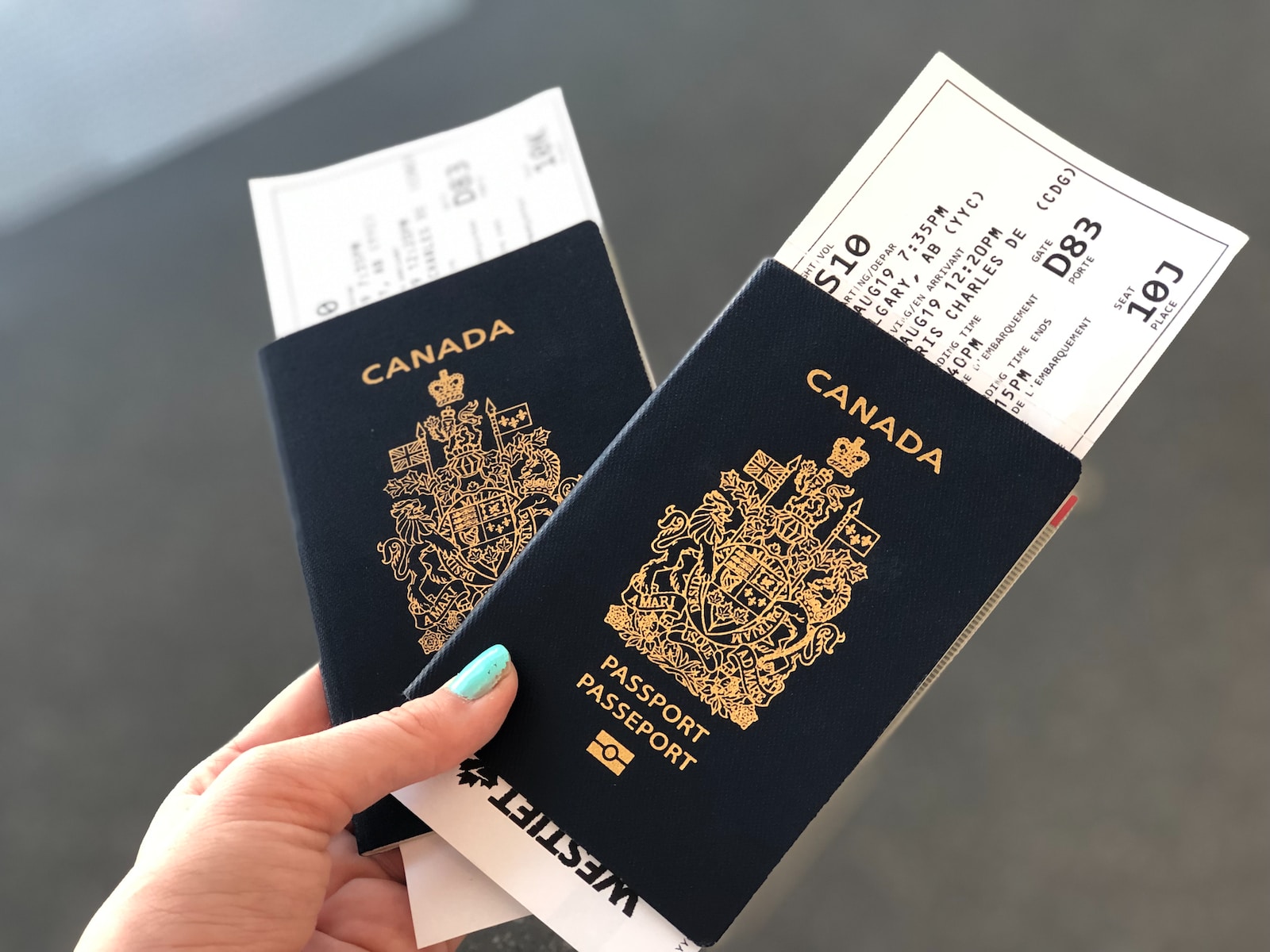A current account in the UAE is a type of bank account that allows individuals or businesses to deposit and withdraw money on a regular basis, without any restrictions on the number or amount of transactions. This type of account is typically used for day-to-day banking activities, such as paying bills, receiving salaries, and making payments.
To open a current account in the UAE, you will need to choose a bank that suits your needs and provide the necessary documentation, which usually includes proof of identity, residence visa, Emirates ID, salary certificate, bank statements, and a recent utility bill. Once you have submitted the required documents, the bank will review your application and process it accordingly.
It is important to note that each bank may have different requirements and fees for opening and maintaining a current account, so it’s always advisable to compare the offerings of different banks before making a final decision. Additionally, it’s essential to maintain a minimum balance and avoid any unauthorized overdrafts to avoid incurring extra fees or penalties.
Advantages of opening a current account in the UAE:
- Convenience: A current account provides easy access to your funds, allowing you to make withdrawals, deposits, and payments easily and quickly.
- Overdraft Facility: Many current accounts in the UAE come with an overdraft facility, which allows you to withdraw more money than you have in your account. This can be helpful in case of unexpected expenses.
- Online Banking: Most banks in the UAE offer online banking services, allowing you to manage your account from the comfort of your home or office.
- Debit Card: A current account usually comes with a debit card, which can be used to make purchases, withdraw cash from ATMs, and pay bills.
- Additional Services: Many banks in the UAE offer additional services, such as mobile banking, SMS alerts, and discounts on shopping, dining, and travel.
Disadvantages of opening a current account in the UAE:
- Fees and Charges: Some current accounts in the UAE may have monthly maintenance fees, transaction fees, and other charges that can add up over time.
- Minimum Balance: Most banks require customers to maintain a minimum balance in their current account, failing which they may charge additional fees.
- Overdraft Charges: If you use the overdraft facility, you may have to pay high interest rates or other charges.
- Security Risks: Online banking and debit card usage can pose security risks, such as identity theft and fraud, if adequate precautions are not taken.
- Currency Fluctuations: If you have a current account in a foreign currency, fluctuations in exchange rates can impact the value of your account.
The Best Banks in UAE to Open a Current Account
The best bank to open a current account in the UAE may vary depending on your specific needs and preferences. However, here are some of the most popular banks in the UAE:
- Emirates NBD: Emirates NBD is one of the largest banks in the UAE and offers a range of current account options with features such as free online banking, debit card, and international transfers.
- Dubai Islamic Bank: Dubai Islamic Bank is the largest Islamic bank in the UAE and offers Shari’a-compliant current accounts with features such as free online banking, debit card, and bill payment services.
- Abu Dhabi Commercial Bank (ADCB): ADCB is a leading bank in the UAE and offers current accounts with features such as free online banking, debit card, and overdraft facility.
- Mashreq Bank: Mashreq Bank is one of the oldest banks in the UAE and offers current accounts with features such as free online banking, debit card, and overdraft facility.
- First Abu Dhabi Bank (FAB): FAB is the largest bank in the UAE and offers a range of current accounts with features such as free online banking, debit card, and international transfers.
It’s important to compare the offerings and fees of different banks before choosing the best one for you. Additionally, it’s always best to check with the bank beforehand to ensure that you have all the necessary documents and information.
What Are The Documents Needed to Open a Current Account in The UAE
To open a current account in the UAE, you will typically need to provide the following documents:
- Valid Passport: You will need to provide a valid passport as proof of your identity.
- UAE Residence Visa: If you are a foreign national, you will need to provide a UAE residence visa as proof of your legal residency in the country.
- Emirates ID: You will need to provide a valid Emirates ID, which is a national identification card issued by the UAE government.
- Proof of Address: You will need to provide a recent utility bill, tenancy contract, or any other document that proves your residential address in the UAE.
- Salary Certificate or Bank Statements: You may be required to provide a salary certificate or bank statements from your employer or previous bank as proof of your income.
- Application Form: You will need to fill in an application form provided by the bank, which will include your personal information, contact details, and other relevant information.
It’s important to note that each bank may have different requirements, and additional documents may be required depending on your specific circumstances. It’s always best to check with the bank beforehand to ensure that you have all the necessary documents and information.
How to Open a Current Account in The UAE as a Foreigner
Foreigners can open a current account in the UAE by following these steps:
- Choose a Bank: First, you need to research and choose a bank that suits your needs. Some of the popular banks in the UAE are Emirates NBD, Dubai Islamic Bank, Abu Dhabi Commercial Bank, Mashreq Bank, etc.
- Check the Requirements: Once you have chosen the bank, check their website or visit the nearest branch to know the documentation requirements for opening a current account as a foreigner. Generally, you will need to provide proof of identity, address, and income.
- Prepare the Documents: Collect all the necessary documents, which usually include a valid passport with a residence visa, Emirates ID, salary certificate or bank statements, and a recent utility bill.
- Visit the Bank: Visit the nearest branch of your chosen bank and meet with a customer service representative to open the account. You will need to fill in the application form and submit the necessary documents.
- Activate the Account: After the application is processed, the bank will provide you with a debit card and online banking details. You will need to activate the account by setting up a password and making an initial deposit.
Note that the exact requirements and procedures may vary depending on the bank and your specific circumstances as a foreigner. It’s always best to check with the bank beforehand to ensure that you have all the necessary documents and information. Additionally, some banks may require a higher minimum balance or charge extra fees for foreign nationals, so it’s important to compare offerings and fees before choosing a bank.











